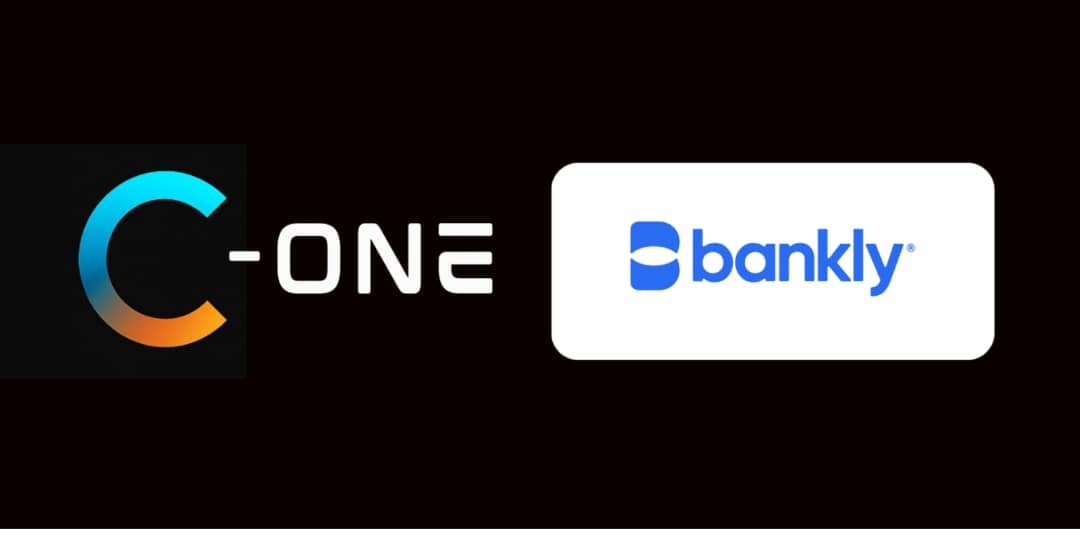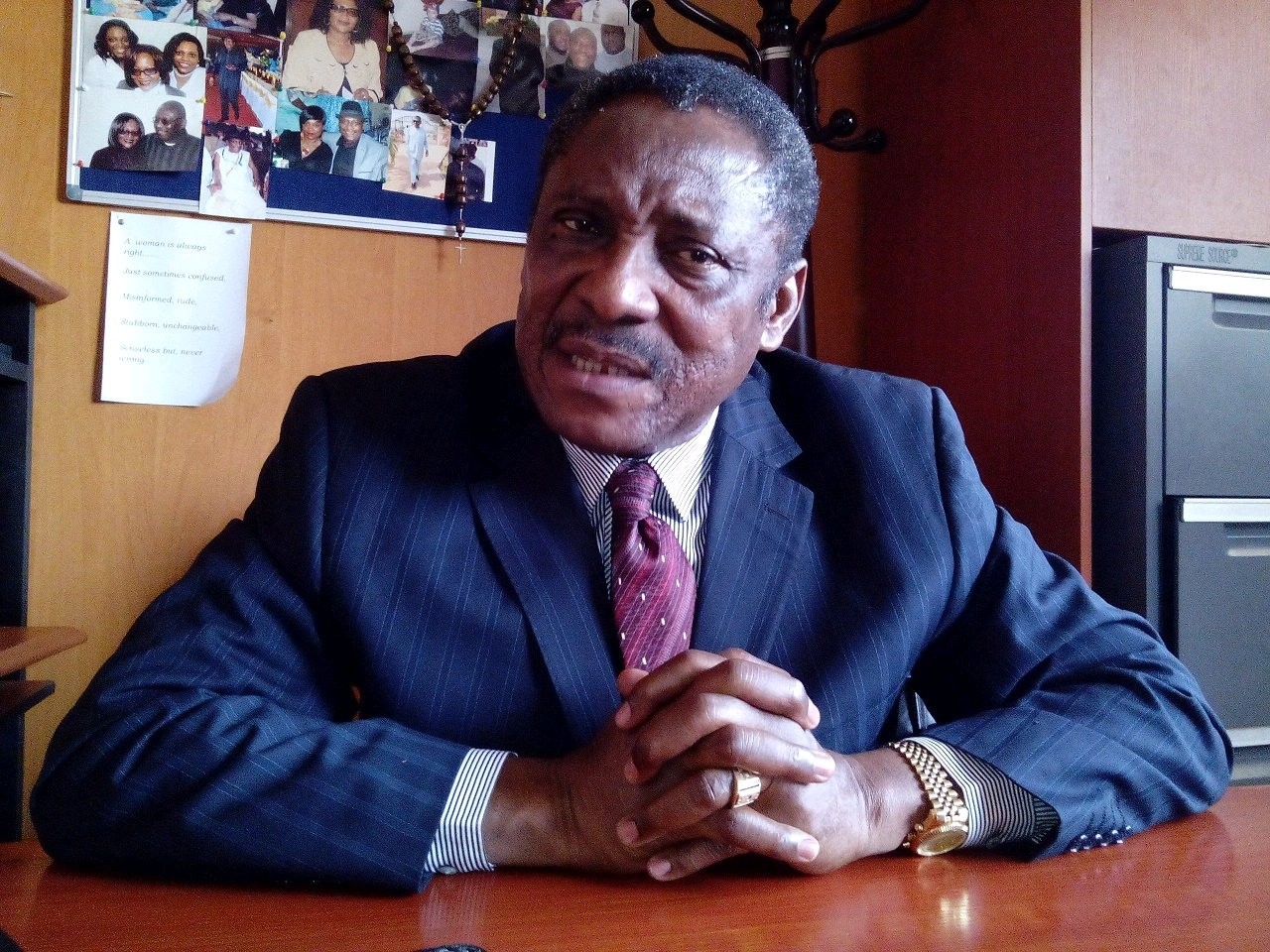President Bola Tinubu has announced that the Federal Government will complete the 284-kilometre Kano–Jigawa–Katsina–Maradi railway by 2026.
He made the announcement on Friday in Katsina. The president spoke during the inauguration of the Katsina State Agricultural Mechanisation Centre and a 24-kilometre Eastern Bypass. Tinubu emphasized that the railway will improve the movement of goods and people in the region.
“The Federal Government plans to finish the 284-kilometre Kano-Jigawa-Katsina-Maradi rail project by 2026,” Tinubu said. “Once complete, it will ease transport, reducing road congestion.”
Ongoing Road Projects
Additionally, Tinubu announced new contracts for major road rehabilitations. These include the Marabar Kankara–Dutsinma–Katsina Road and the Zaria–Hunkuyi–Dabai–Kafur–Malumfashi–Dayi–Gidan Mutumdaya Road.
He also confirmed that the second phase of the Katsina–Kano Road would proceed after resolving technical and bureaucratic challenges.
Background on the Railway Project
The Kano–Maradi railway project began under the Buhari administration. In September 2020, the Federal Executive Council approved $1.96 billion for the 284-kilometre standard gauge railway.
This railway will connect Kano to Maradi, Niger Republic, passing through Jigawa and Katsina.
In January 2021, the Federal Government awarded a $1.8 billion contract to Mota-Engil, a Portuguese construction firm. The firm will handle the design, construction, and rolling stock supply.
In May 2024, Transportation Minister Saidu Alkali confirmed that the Kano–Daura section would finish by 2025. This reaffirms the government’s phased approach to the project.
Portugal’s Ambassador to Nigeria, Jorge Adao Martins Dos Santos, stated in July 2024 that the full line would remain on track for 2026. Construction continues with Portuguese firms involved.
Senator Adamu Aliero disclosed in October 2024 that the Federal Government secured $350 million from the African Development Bank (AfDB) for the project. The 2024 supplementary budget also allocated over N530 billion. Additional funding will come from the China Exim Bank, IFC, and AfDB.












